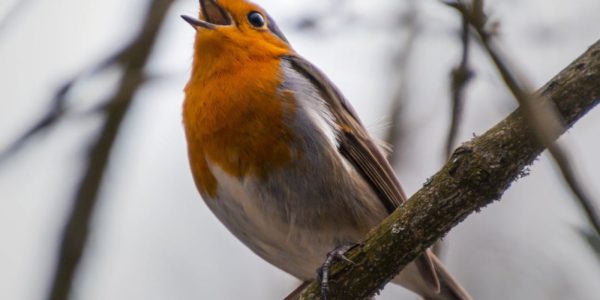Birdwatchers in the Midwest know the Acadian flycatcher’s song goes “peet-sah, peet-sah.” But will birders a century from now know the call?
New research from the University of Missouri suggests the common songbird is at risk of severe population decline within the century due to global warming.
“The possibility that an abundant species could approach near-extinction from the region within 90 years clearly demonstrates the significant impact of a warming climate on songbird populations,” said Thomas Bonnot, an assistant research professor at the university’s School of Natural Resources.
For years, the Audubon Society and other groups have warned of the impact of climate change on bird populations, especially species considered threatened.
Bonnot’s research looks at a common species.
He worked with a former adviser, Frank Thompson of the U.S. Forest Service, who has spent more than two decades researching the Acadian flycatcher, an olive and yellowish bird with a long and broad bill.
They made projections from data on the effects of higher temperatures on breeding, running through the year 2100.
The researchers found that a warming climate would have a severe impact on breeding, threatening the flycatcher population.
If climate change continues at its current pace, the flycatcher’s breeding productivity would fall below 1 fledgling per female per year by 2100, according to the study published in the Nature Climate Change Journal.
However, the research model shows that if greenhouse gas emissions are lowered and the course of climate change stabilizes, the future for the Acadian flycatcher improves.
Bonnot said other common birds could face similar threats.
Note: This story originally published in the Wisconsin Gazette.
